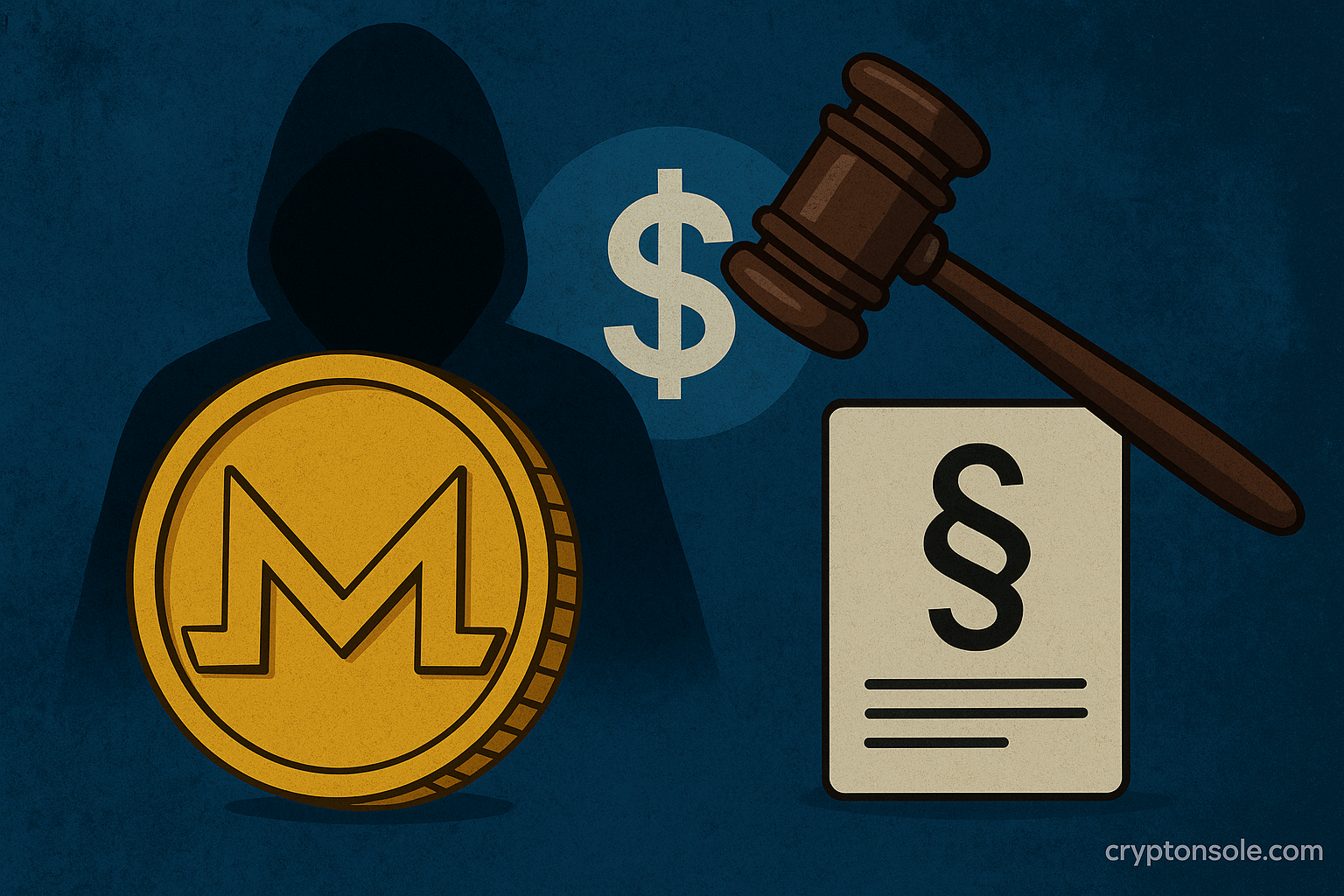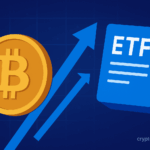A newly amended U.S. class-action complaint alleges that Meteora founder Benjamin Chow led a coordinated campaign of at least 15 pump-and-dump meme-coin launches — including tokens named $MELANIA and $LIBRA — and that high-profile figures were used as promotional9 “props” rather than active participants. The filing names private-equity vehicle Kelsier Ventures, promoter Hayden Davis and members of the Davis family as co-conspirators, and follows earlier court drama in which a judge unfroze $57.6 million in USDC tied to the LIBRA matter.
What the lawsuit alleges
The proposed second amended complaint (filed in federal court) portrays a sophisticated six-step playbook used across multiple token launches: pre-launch accumulation of tokens by insiders, paid influencer and celebrity-style promotions to create explosive demand, a cascade of coordinated sell orders by insiders at peak prices, and rapid price collapses that left ordinary investors with heavy losses. Plaintiffs say the campaigns relied heavily on manufactured hype and insider coordination, not organic adoption.
The complaint specifically points to $MELANIA — a Solana-based memecoin tied by promoters to Melania Trump’s likeness — and $LIBRA, which surged after a promotion linked to Argentina’s President Javier Milei, as emblematic examples. Plaintiffs say those public figures were used as “window dressing” to lure retail money, not as active, informed participants in token governance or issuance.
Key players named
- Benjamin (Ben) Chow — founder and former CEO of the Meteora decentralized exchange; described in filings as the central coordinator of launches and liquidity engineering.
- Hayden Davis and Kelsier Ventures — alleged by plaintiffs to have worked with Chow on LIBRA and other tokens; earlier reporting has tied Kelsier to promotional activity around political-linked tokens.
- Davis family members — named in the complaint as participants in coordination and token distributions.
All named defendants deny wrongdoing in public comments or through counsel; some defendants have previously characterised the claims as meritless and contest plaintiffs’ legal theories.
What happened in court earlier: $57.6M unfrozen
As the litigation unfolded, a federal judge temporarily froze roughly $57.6 million in USDC that prosecutors or civil plaintiffs contended was traceable to LIBRA-related promotors. That freeze was later lifted: a judge ordered the $57.6M unfrozen, a development that shifted the tactical landscape of the litigation and allowed some defendants renewed access to funds while the dispute proceeds.
On-chain and journalism findings
Independent blockchain researchers and journalists have reported large, rapid movements of token supply and concentrated wallet activity consistent with insider sell-offs in several meme-coin events. Reuters and other outlets documented0 swift value spikes and withdrawals tied to the LIBRA launch, which provoked regulatory and criminal inquiries in some jurisdictions and intense media scrutiny.
Investigations by reporters and on-chain analysts contributed key evidence cited in the civil complaint and helped shape public understanding of how celebrity promotion and tokenomics can be weaponised to generate short-term market bubbles.
Legal and market implications
- Investor protection & precedent: If plaintiffs prevail, the case could set important precedents for civil liability tied to coordinated token launches, influencer promotions and the use of public figures’ images in crypto marketing.
- Celebrity endorsements under scrutiny: The filing intensifies scrutiny of celebrity or politician-linked token promotions — even when the public figure disclaims formal participation — and may prompt platforms and payment processors to tighten promotional rules.
- Enforcement & criminal risk: Separate criminal or regulatory probes may follow (or already be underway) where evidence suggests intentional fraud, money-laundering or other statutory violations; civil cases often run in parallel with criminal inquiries.
What to watch next
- Court rulings on the amended complaint — whether judges permit new racketeering or other claims to proceed to discovery.
- Forensic on-chain disclosures — detailed wallet tracing and transaction tables that plaintiffs or independent researchers may publish as the case advances.
- Regulatory reactions — statements or investigations from U.S. federal agencies or foreign regulators where token promoters or victims are located.
- Responses from named public figures — whether Promoted-front figures (or their teams) issue further denials or pursue legal remedies for reputation harm.
Bottom line
The suit paints a picture of professionalised memecoin promotion — a repeatable script allegedly run by insiders to inflate token prices and cash out at scale — and attaches high-profile names to that playbook. The case is still evolving, with critical factual and legal questions to be resolved in court. For investors and platforms, the episode underscores the need for sharper disclosure, better due diligence and greater transparency in meme-coin markets.
2DA83KDP












